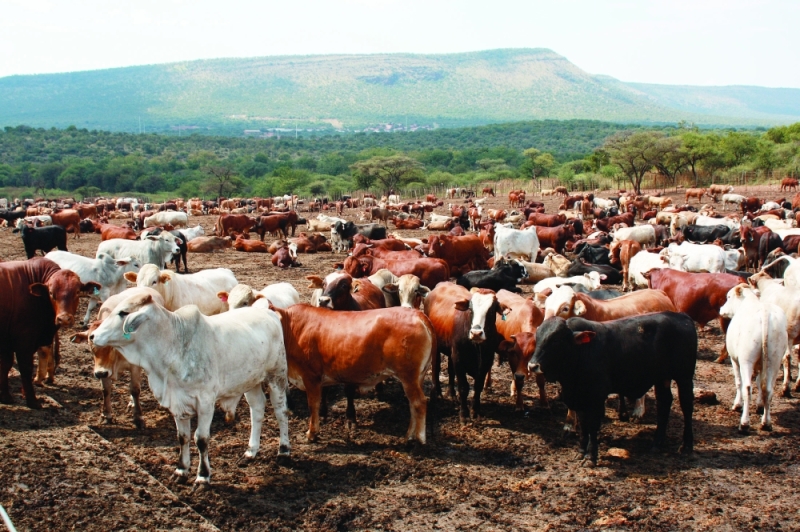Gov’t moves to end live cattle exports
Mbongeni Mguni | Monday July 17, 2023 06:00


Assistant Agriculture minister, Molebatsi Molebatsi, recently said farmers would be restricted to exporting two live cattle each between July and October, then one each between then and December, when the exports would end.
“Previously when the Botswana Meat Commission was limping, we opened up and allowed you to sell live cattle outside the country,” Molebatsi told Takatokwane villagers during a kgotla meeting addressed by President Mokgweetsi Masisi recently. “We had realised that the trade was not the best and the BMC had placed a stiff price where if the cow passes a certain weight, they force and pay you a price for a lower weight. “We believe BMC has risen and from December we are stopping the live cattle exports.”
He added: “In December we stop because we believe BMC can take your cattle.”
Molebatsi said government believed that its efforts to support the BMC were bearing fruit and the parastatal was now able to pay competitive prices to farmers.
“The fact is that we have resuscitated BMC; it’s up and running. “We asked for funds for it from Parliament, about P300 million last December, to help with various things to help it rise. “Even the price is getting better. “Yes, here and there, they do delay to pay you, but we are committed to resuscitating it.”
Government temporarily opened up live cattle sales in October 2020 as a way to provide farmers with alternative streams outside of the BMC, which has been the sole institution statutorily allowed to export beef products in the country.
The perennial tussle between cattle producers and the BMC revolves around the prices offered by the meat parastatal to farmers and the time the Commission takes to settle payments.
Farmers over the years have been frustrated by the monopoly the BMC enjoys in being the sole exporter of beef in the country. This monopoly has meant that the BMC is not just the single biggest buyer of cattle but dictates the prices and terms it extends to farmers. Farmers and the BMC have haggled for years over what “export parity pricing” means, the quality of stock delivered and the terms the parastatal has imposed on producers.
The export of live cattle has also helped test government’s the plan to remove the Commission’s monopoly and with the BMC struggling with cash flow and other issues, the relaxation has also provided farmers with a much-need avenue for value.
Statistics Botswana’s latest figures indicate that live cattle exports rose from P877 million in the first full year of the temporary measure in 2021, to P1.2 billion last year. In the first five months of this year, live cattle exports were measured at about P356 million, down from P406 million over the same period last year.
During that period, however, the BMC has seen its deliveries slump, while its western peer, the Namibian-government-owned MeatCo, has tapped into the exports from Botswana and eaten deeper into a lucrative quota to the Norwegian market that the two countries share each year.
In response to the challenge, the commission has been pushing its Meriting 2022–2025 strategy which has priority areas that include organisational redesign, funding, optimisation of the value chain, stakeholder management, technology adoption as well as sales and marketing nippiness.
“Ideally, BMC would prefer all cattle to be slaughtered locally and only finished product to be exported so that Botswana retains its competitive advantage of its product's uniqueness,” BMC head of strategy, Brian Dioka told BusinessWeek previously. “However, what we need to focus on is to make the farmer find the local market good enough to sell to, instead of exporting live cattle. “Failure to do that will definitely affect not only BMC's sustainability but the entire beef processing in the country.”
